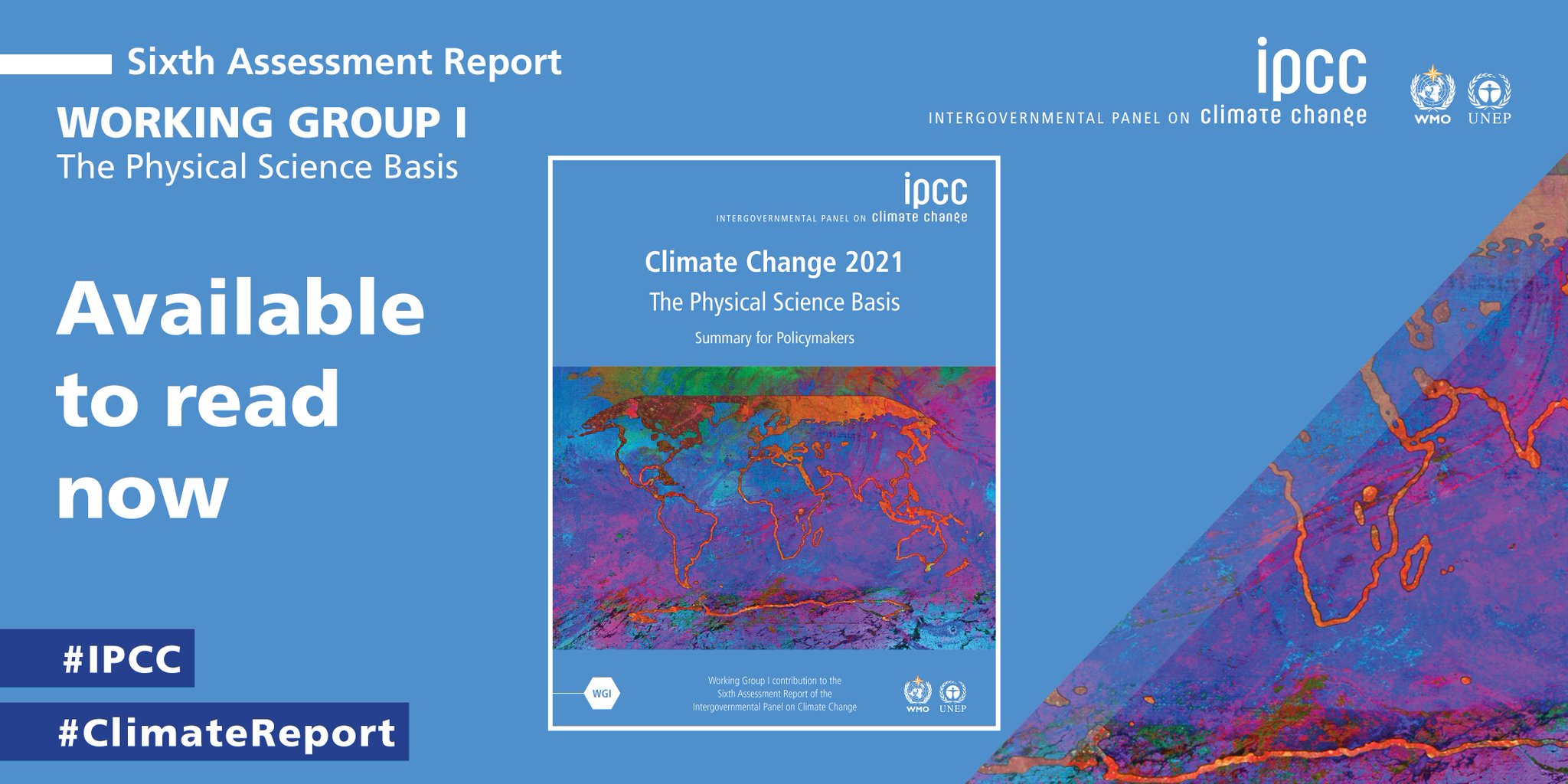
As we endure our sixth Covid lockdown in 18 months, many of us are feeling somewhat fatigued and frustrated. Why does it keep happening? When will life ever return to ‘normal’? In Paul’s letter to the Ephesians he calls on followers of Jesus to make the most of every opportunity and to live wisely. But what does this look like in practice?
We’ve had a couple of glaring examples this week of the opposite – how to live unwisely. The first came from Liberal MP George Christensen who gave an impassioned plea for Covid lockdowns and other health measures to be abandoned, labelling them as ‘madness’. While it’s true that lockdowns are costly and curtail our freedoms, the evidence from Australia and elsewhere in the world is that the alternative – just letting the virus rip – is far, far worse both in terms of lives lost and the economic impact. Luckily for our country, State Government leaders have wisely avoided the path suggested by Christensen.
The second example has been the Government’s quick response to the newly released IPCC (Intergovernmental Panel on Climate Change) report. This report paints a fairly gloomy outlook for the global climate with temperatures predicted to rise by at least 2 degC over pre-industrial temperatures, locking the world into more intense bushfire events, cyclones, flooding and the like. The time to act to prevent the worst effects is right now with reductions in carbon emissions of around 50% needed by 2030. Our government’s predictable response is to maintain its hope that future technology can solve the problem while refusing to do anything substantial to reduce emissions in the short or medium term. While governments have generally been praised for following the advice of scientists in how to handle the Covid pandemic, they casually ignore the advice of climate scientists. This seems a very unwise path to follow. How about Paul’s advice on how to live wisely? At first glance it seems simplistic and to those outside the church probably ridiculous. The advice – focus on worshipping God and living holy lives, whether in the church, in the home or in the workplace. Paul puts his finger on some important truths. If we want to live wisely we need to tune into God’s wisdom and God’s ways. These include putting people first, rather than profits, as Christensen would suggest. It also suggests that listening to scientists who have spent a lifetime observing the physical world – whether in the area of human health or the area of climate – would also be wise.
